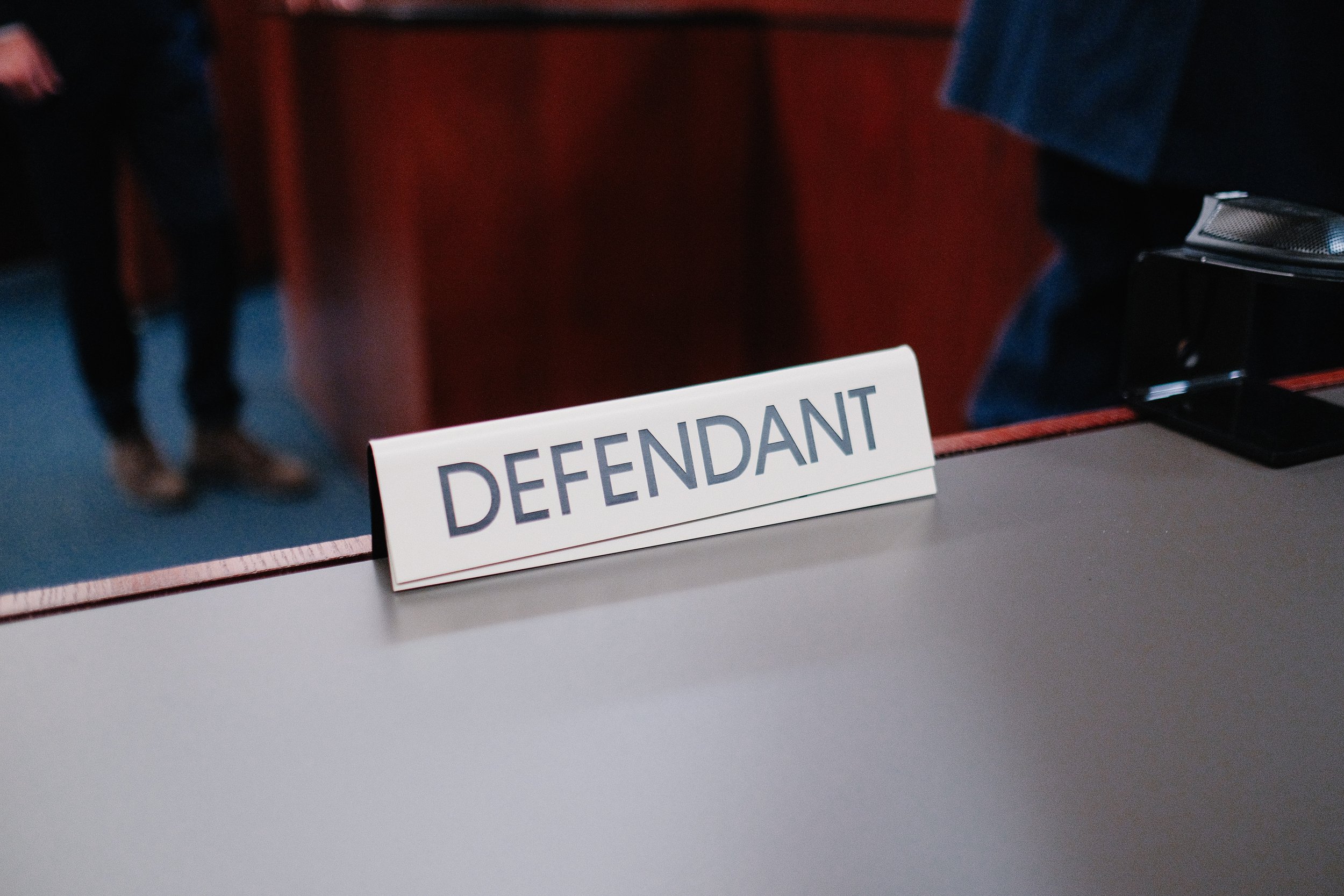Car crashes can be a nightmare. They can be even worse if you were a drunk or intoxicated (DUII) driver hits you. You not only have to deal with your injuries, auto repairs, and insurance issues, but you also have to deal with the law enforcement investigation and prosecution.
Below are things EVERY PERSON involved in a crash caused by a drunk or intoxicated (DUII) driver must know:
Several legal remedies are available to the injured party in a DUII crash. These remedies can be pursued through civil litigation and may include compensatory and punitive damages. Here are the primary remedies available:
1. Compensatory Damages
Compensatory damages are intended to make the injured person "whole" by covering both economic and non-economic losses. They include:
Medical Expenses: Compensation for current and future medical bills, rehabilitation costs, and other healthcare-related expenses resulting from the accident.
Lost Wages: Reimbursement for lost income due to time off work, as well as future earning potential if the injury results in long-term disability.
Property Damage: Coverage for repairs or replacement of the damaged vehicle and any other property damaged in the accident.
Pain, Suffering, Embarrassment, Frustration, Inconvenience, Annoyance, etc. : Compensation for physical pain and emotional distress experienced as a result of the accident.
Loss of Consortium: Damages awarded to the spouse of the injured party for the loss of companionship, affection, and support.
2. Punitive Damages
In cases where the drunk driver's behavior was particularly egregious, such as driving under the influence of alcohol or drugs (DUII), punitive damages may be awarded. These are intended to punish the wrongdoer and deter similar conduct in the future. Oregon law allows for punitive damages if it is proven that the driver acted with "reckless indifference to the safety of others" or engaged in intentional misconduct. In other words, Oregon law permits people injured by drunk drivers to give teh drunk driver a “legal spanking.”
3. Wrongful Death Damages
If the drunk driving or driving under the influence (DUII) crash results in the death of another, the surviving family members may file a wrongful death lawsuit. Damages in a wrongful death claim may include:
Funeral and Burial Expenses: Costs associated with the deceased’s funeral and burial.
Loss of Financial Support: Compensation for the loss of the deceased’s income and financial contributions to the family.
Loss of Companionship: Compensation for the emotional and relational loss suffered by surviving family members.
Emotional Distress: Compensation for the mental anguish, distress, and grief experienced by the surviving family members.
4. Additional Remedies
Insurance Claims: Victims can file a claim with the drunk driver's insurance company to recover damages. If the driver's insurance coverage is insufficient, the victim’s own uninsured/underinsured motorist coverage may provide additional compensation.
Restitution: In some criminal cases, courts may order the drunk driver to pay restitution to the victim as part of the sentencing process. This is separate from civil damages and aims to compensate for out-of-pocket expenses. There can also be a “compensatory fine” ordered in some limited circumstances.
Dram Shop Claims: The injured person or the Estate of a person killed by a DUII driver can also sue a bar, home-owner, or renter if they overserved alcohol to the Drunk Driver. These are called “Dram Shop Cases.” There are some very short timelines involved in Dram Shop cases, and they can be difficult to prove, so please speak with a lawyer if you believe you have a dram shop case.
Filing a Lawsuit
To get any compensation from being involved in a crash caused by a DUII driver, the injured party must file a civil lawsuit against the drunk driver. The process typically involves:
Filing a Complaint: Initiating the lawsuit by filing a legal complaint outlining the facts of the case and the damages sought.
Discovery: Both parties exchange information and evidence related to the accident and injuries.
Settlement Negotiations: Many cases are settled out of court through negotiations between the plaintiff and defendant (or their insurance companies).
Trial: If a settlement is not reached, the case proceeds to trial, where a judge or jury determines liability and awards damages.
Statute of Limitations
In Oregon, the statute of limitations for personal injury claims, including those arising from car accidents, is generally two years from the date of the accident. For wrongful death claims, the statute of limitations is typically three years from the date of death. If there is a Dram Shop claim involved a formal notice to the person, business, and/or company that you believe over-served you must be served within 180 days of the crash. There may be other time limitations invovlved, so please consult with a DUII Injury Lawyer such as Jeremiah Ross.
Legal Assistance
It is advisable for victims to consult with an experienced personal injury attorney to navigate the legal process, ensure all deadlines are met, and maximize the potential recovery. Ross Law has represented numerous individuals that have been injured by DUII driver’s in Oregon and has achieved incredible results for them. Please call DUII Injury Lawyer Jeremiah Ross at 503.224.1658 if you have any questions regarding your rights and remedies if you were injured by a DUII Driver in Oregon.
Please remember this post is not to be relied upon as a substitute for legal advice. Remember the law is always changing, so please consult with an Oregon Personal Injury lawyer such as Jeremiah Ross and Ross Law LLC rather than relying on this post.








